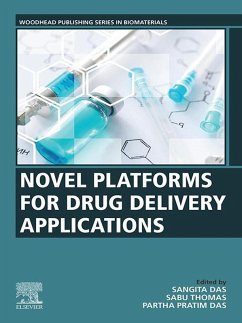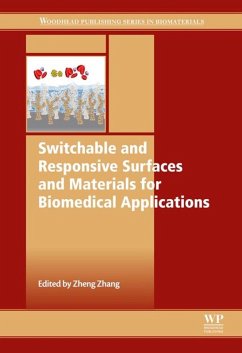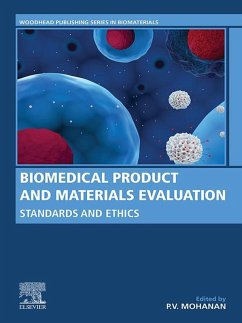
Translational Systems Biology (eBook, ePUB)
Concepts and Practice for the Future of Biomedical Research

PAYBACK Punkte
28 °P sammeln!
Are we satisfied with the rate of drug development? Are we happy with the drugs that come to market? Are we getting our money's worth in spending for basic biomedical research? In Translational Systems Biology, Drs. Yoram Vodovotz and Gary An address these questions by providing a foundational description the barriers facing biomedical research today and the immediate future, and how these barriers could be overcome through the adoption of a robust and scalable approach that will form the underpinning of biomedical research for the future. By using a combination of essays providing the intelle...
Are we satisfied with the rate of drug development? Are we happy with the drugs that come to market? Are we getting our money's worth in spending for basic biomedical research? In Translational Systems Biology, Drs. Yoram Vodovotz and Gary An address these questions by providing a foundational description the barriers facing biomedical research today and the immediate future, and how these barriers could be overcome through the adoption of a robust and scalable approach that will form the underpinning of biomedical research for the future. By using a combination of essays providing the intellectual basis of the Translational Dilemma and reports of examples in the study of inflammation, the content of Translational Systems Biology will remain relevant as technology and knowledge advances bring broad translational applicability to other diseases. Translational systems biology is an integrated, multi-scale, evidence-based approach that combines laboratory, clinical and computational methods with an explicit goal of developing effective means of control of biological processes for improving human health and rapid clinical application. This comprehensive approach to date has been utilized for in silico studies of sepsis, trauma, hemorrhage, and traumatic brain injury, acute liver failure, wound healing, and inflammation. - Provides an explicit, reasoned, and systematic approach to dealing with the challenges of translational science across disciplines - Establishes the case for including computational modeling at all stages of biomedical research and healthcare delivery, from early pre-clinical studies to long-term care, by clearly delineating efficiency and costs saving important to business investment - Guides readers on how to communicate across domains and disciplines, particularly between biologists and computational researchers, to effectively develop multi- and trans-disciplinary research teams
Dieser Download kann aus rechtlichen Gründen nur mit Rechnungsadresse in A, B, BG, CY, CZ, D, DK, EW, E, FIN, F, GR, HR, H, IRL, I, LT, L, LR, M, NL, PL, P, R, S, SLO, SK ausgeliefert werden.













